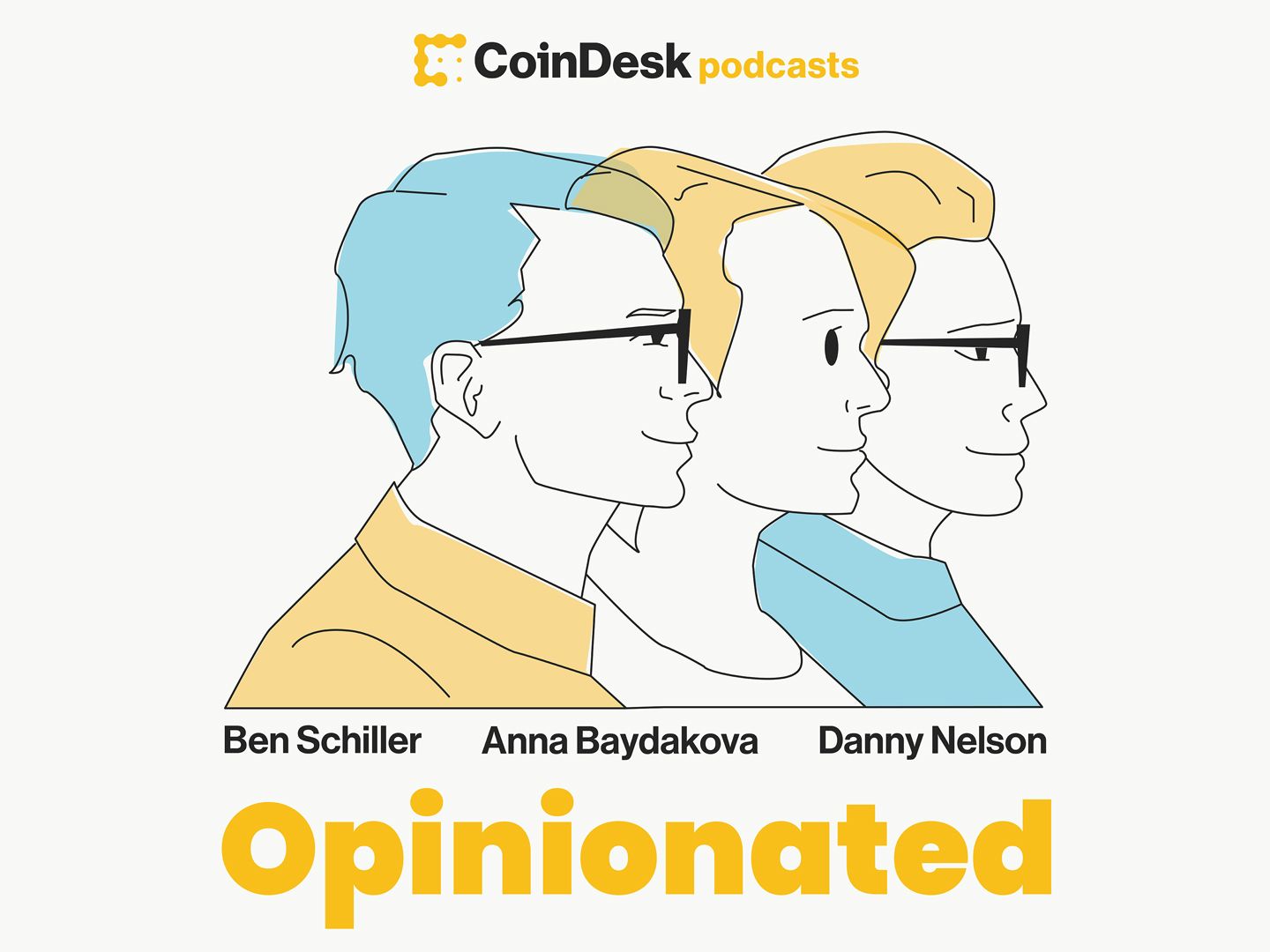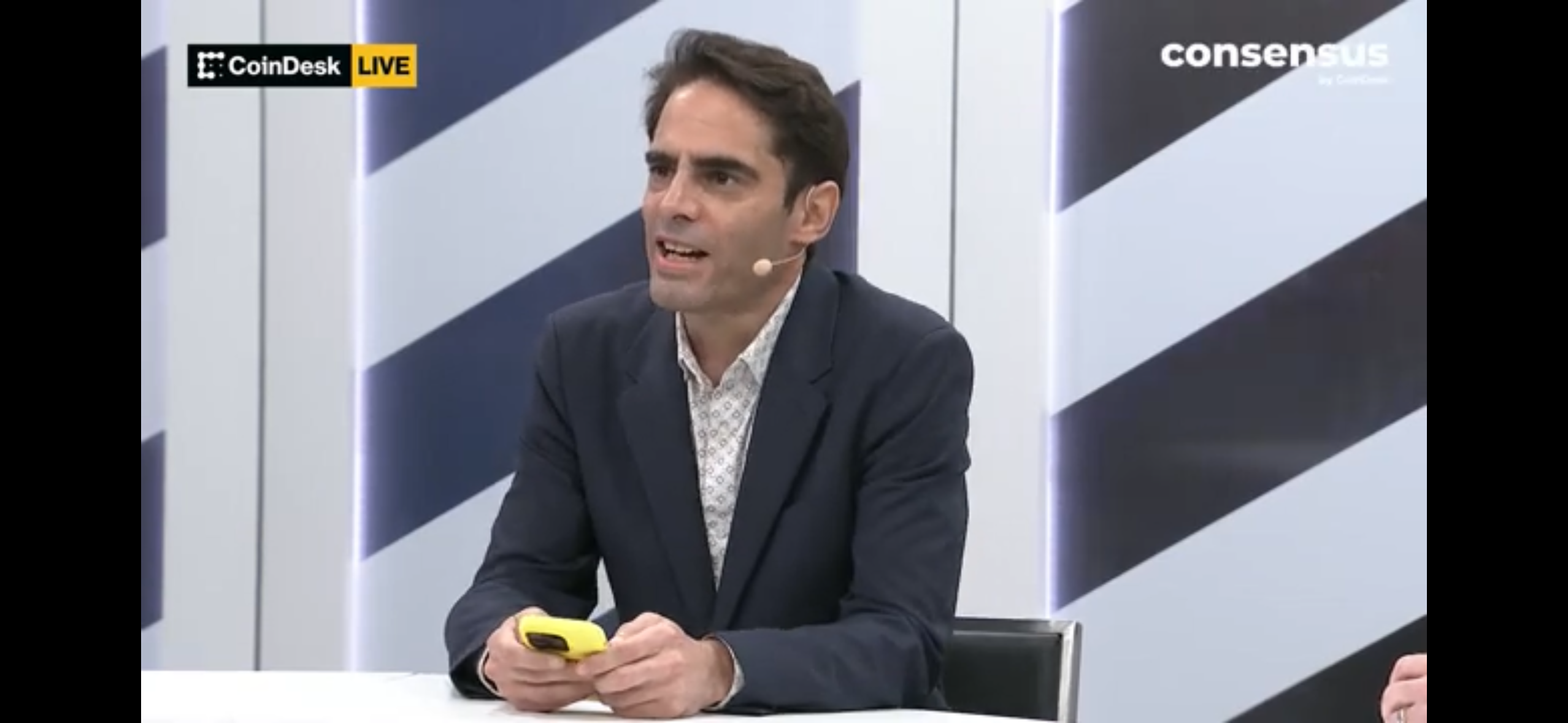Nic Carter discusses the $20 billion stablecoin phenomenon and its implications for the global financial system.
Welcome to Opinionated, a new podcast featuring CoinDesk's leading columnists and contributors. I'm your host, Ben Schiller, CoinDesk's opinion editor.
On this week's show, we're joined by Nic Carter, cofounder of Coin Metrics and partner at Castle Island Ventures.
Nic discusses this year's $20 billion surge in USD-backed stablecoins (what he calls "crypto-dollars") and the potentially enormous implications of an offshore dollarization system based on blockchain.
Fiat-backed stablecoins are "not what Satoshi intended," Carter says, but their "preposterous" growth this year is the "the most important phenomenon in the industry."
"It not only tells us about he maturation of the crypto financial infrastructure. It also tells us a lot about current geopolitics, too," he says.
Nic has written two op-eds for CoinDesk about crypto-dollars:
"Policymakers Shouldn't Fear Digital Money: So Far It's Maintaining the Dollar's Status" (from February)and"The Crypto-Dollar Surge and the American Opportunity" (this month).
U.S. policymakers fear losing power as dollar-flows increasingly shift to stablecoins.
Central bankers may have less ability to set interest rates. And the corresponding banking infrastructure, based largely in New York, will process fewer transactions as people move into assets like tether and USDC instead.
Nonetheless, Carter says the U.S. should embrace this new form of money technology.
One, it's mostly, for now, a U.S. industry, and overwhelming pegged to dollars. More dollars in circulation, while not necessarily good for American workers, is good for the dollar's reserve currency status.
Two, blockchains are inherently neutral – "equal opportunity databases" that don't exclude people and represent financial freedom. That ought to accord with American values.
And third, if the U.S. doesn't sanction stablecoin transactions, some other country or company will, inviting in the threat of surveillance and a loss of power anyway.
"The U.S. should consider embracing a neutral alternative to the highly politicized New York corresponding banking system before it's too late and whole tranches of its allies defect to a Chinese or a Russian system," Carter says.
Nic had a lot more to say about stablecoins, the future of money and great power rivalry. Check it out here, and please subscribe to CoinDesk's new podcast feed.











